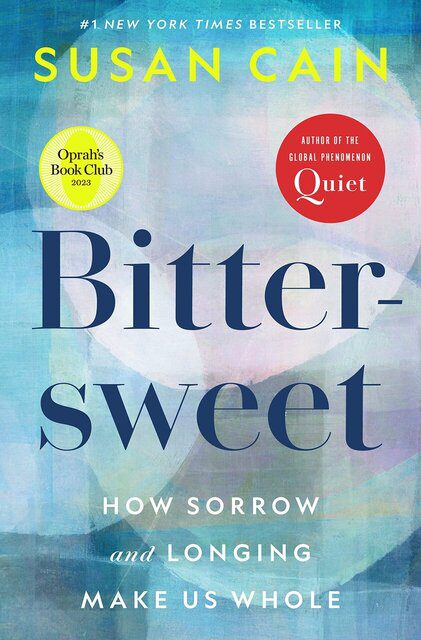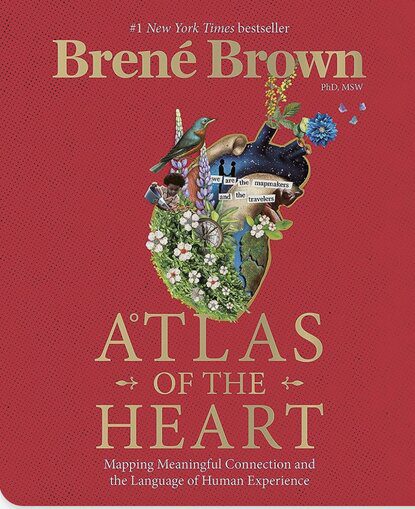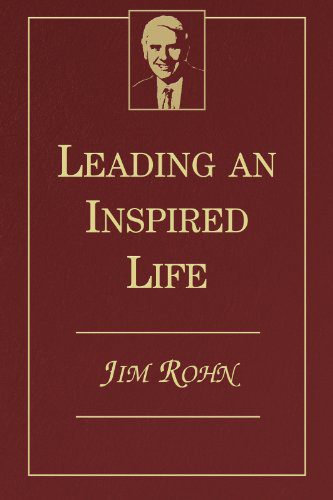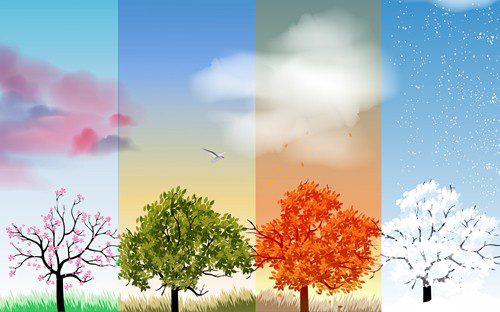Sometimes you are up, and other times you are down; sometimes you want to be cheerful, but the only emotion you can muster is sorrow. We all experience the bittersweet experience of life: death gives way to a newborn, pain and sorrow, laughter and tears, pain and gain, struggle and ease. Life is full of trials and tribulations; it is not a matter of if the hard times will come; it is about radically accepting whatever happens and learning from the experience. Do not get too high or too low; don’t let success get to your head and don’t let failure get to your heart. As author and motivational speaker Les Brown often said “Life is a fight for territory, and once you stop fighting for what you want, what you don’t want will automatically take over.“

Bittersweet 1: a tendency to states of longing, poignancy, and sorrow; an acute awareness of passing time; and a curiously piercing joy at the beauty of the world. The bittersweet is also about the recognition that light and dark, birth and death—bitter and sweet—are forever paired. “Days of honey, days of onion,” as an Arabic proverb puts it. The tragedy of life is linked inescapably with its splendor; you could tear civilization down and rebuild it from scratch, and the same dualities would rise again. Yet to fully inhabit these dualities—the dark as well as the light—is, paradoxically, the only way to transcend them. And transcending them is the ultimate point. The bittersweet is about the desire for communion, the wish to go home.
Most of all, bittersweetness shows us how to respond to pain: by acknowledging it, and attempting to turn it into art, the way the musicians do, or healing, or innovation, or anything else that nourishes the soul. If we don’t transform our sorrows and longings, we can end up inflicting them on others via abuse, domination, neglect. But if we realize that all humans know—or will know—loss and suffering, we can turn toward each other.
Bittersweetness is the hidden source of our moon shots, masterpieces, and love stories. It’s because of longing that we play moonlight sonatas and build rockets to Mars. It’s because of longing that Romeo loved Juliet, that Shakespeare wrote their story, that we still perform it centuries later.

Bittersweet 2
Bittersweet is a mixed feeling of happiness and sadness. Here are some of the most commonly shared experiences and a few notes on the context:
- Watching children grow up
- Leaving a job
- Divorce/Ending a relationship
- Graduating
- Letting go of friendships that aren’t working
- Moving
- Death of a loved one
- Teachers watching students graduate Retiring
- Coming home from vacation
What all of the comments have in common is sadness about letting go of something, mixed with happiness and/or gratitude about what’s been experienced and/or what’s next. Bittersweet is not the same as ambivalence (when we’re unsure whether we’re happy or sad), it’s feeling both at the same time.
The bittersweet side of appreciating life’s most precious moments is the unbearable awareness that those moments are passing. — MARC PARENT, Believing It All

The Seasons of Life 3
In rotation, the next season after fall is winter. And pray tell, how often does winter follow fall? Every time, without fail, for six thousand years that we know of. Of course, some winters are long and some are short, some are difficult and some are easy, but they always come right after fall. That isn’t going to change.”
Sometimes you can figure it out, sometimes there’s no way to figure it out. Sometimes it goes well, sometimes it gets in a knot. Sometimes it sails along, sometimes it goes in reverse. That’s not going to change. The last six thousand years read like this: opportunity mixed with difficulty. It isn’t going to change.
The only way it gets better for you is when you get better. Better is not something you wish for; better is something you become.
Meditation
- Daily Caln with Tamara Levitt – Gentleness
- We are often in a rush to do things and become things that we put pressure on ourselves, and we speak to the self harshly. It becomes a habit, to break that habit; we can practice being gentle, delicate and kind to ourselves.
Perhaps we should love ourselves so fiercely, that when others see us they know exactly how it should be done. – Rudy Francisco
- Daily Jay with Jay Shetty – Anticipation
- When you are looking forward to something, it feels good, and it trickles down to every area of your life. A recent study shows that anticipation actually creates positive emotions; it can improve your mood and make it easier to deal with stress. Anytime you need a boost, consciously identify something that you are eagerly awaiting.
- The social psychologist Carrie L. Wyland says that anticipating a handful of small experiences can be just as satisfying as expecting one large one. Research shows that we tend to enjoy experiences more than physical gifts.
Podcast
- 20VC: Atlassian Co-Founder Scott Farquhar on The Biggest Lessons Scaling Atlassian to $50BN Market Cap; The Four Roles of the CEO, The Funding Round That Net Accel $6BN, The Regrets of Omission and Commission & The Honeymoon Cut ShortThe Twenty Minute VC (20VC): Venture Capital | Startup Funding | The Pitch
All the best in your quest to get better. Don’t Settle: Live with Passion.



Comments are closed.